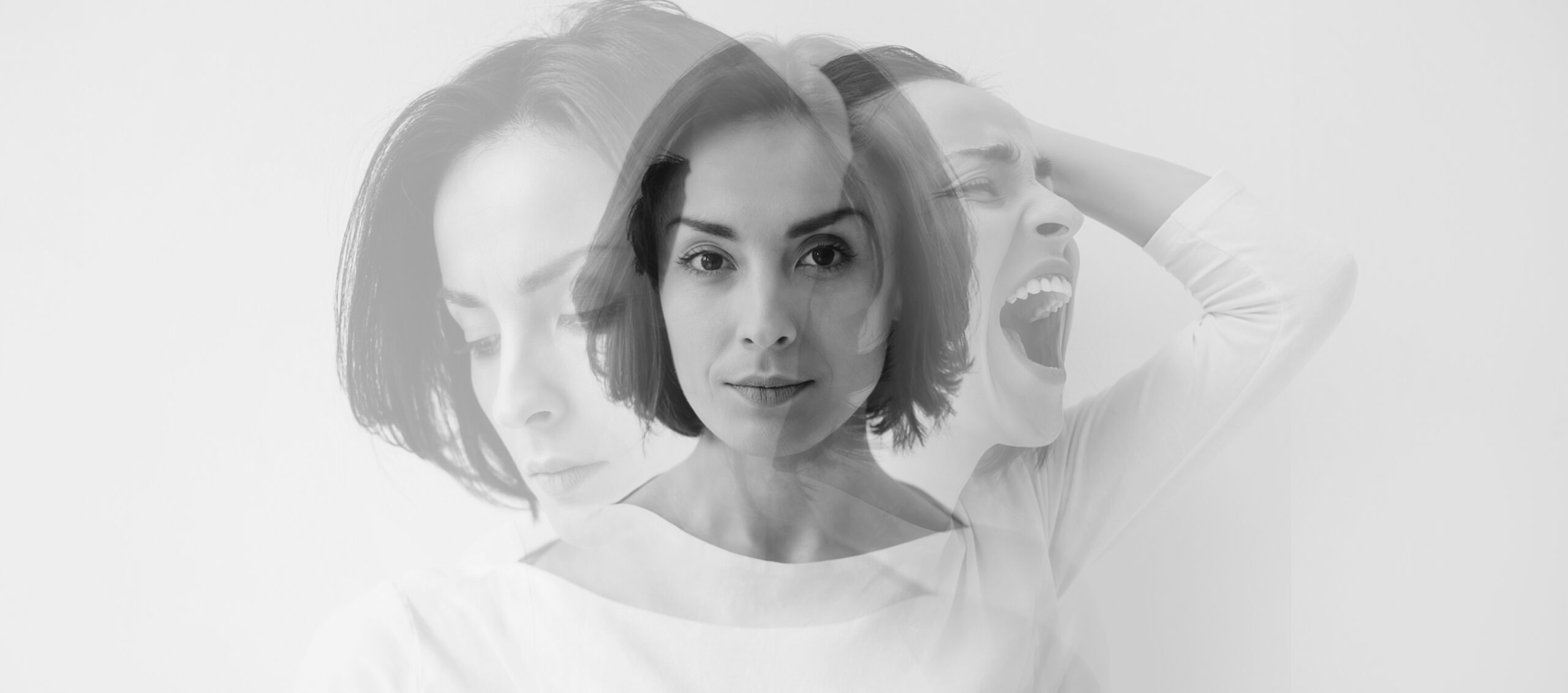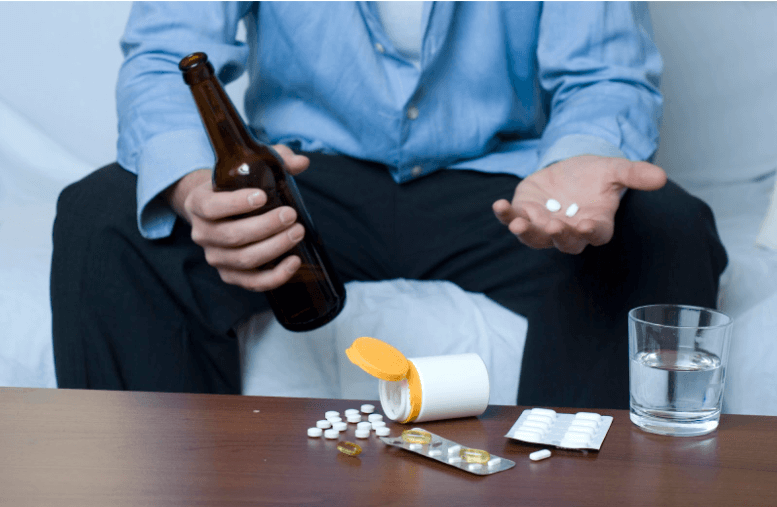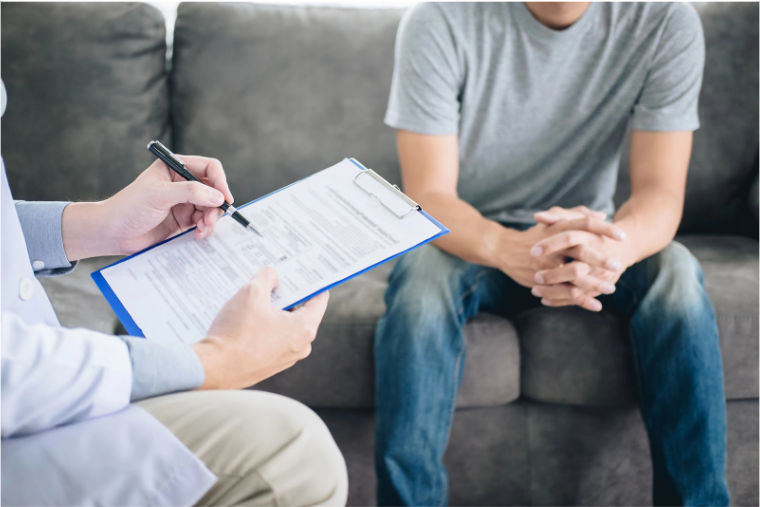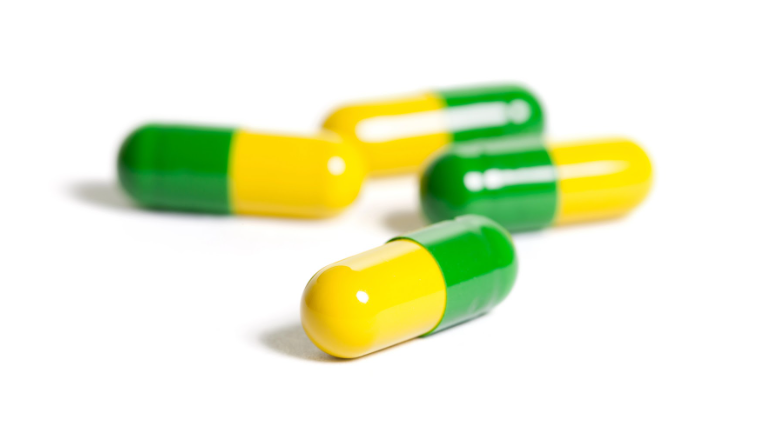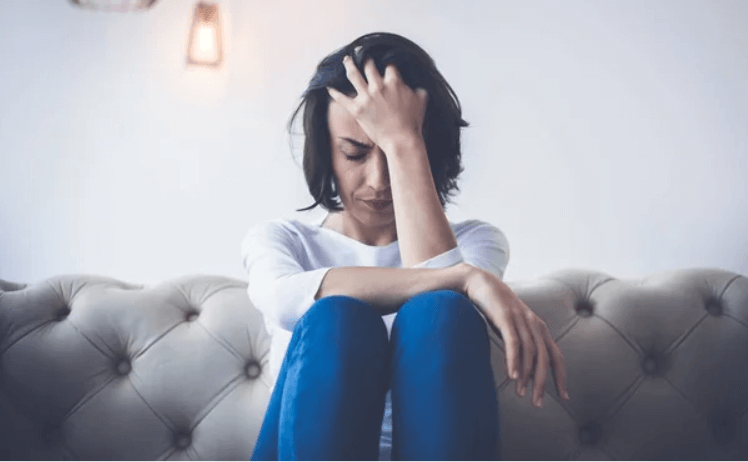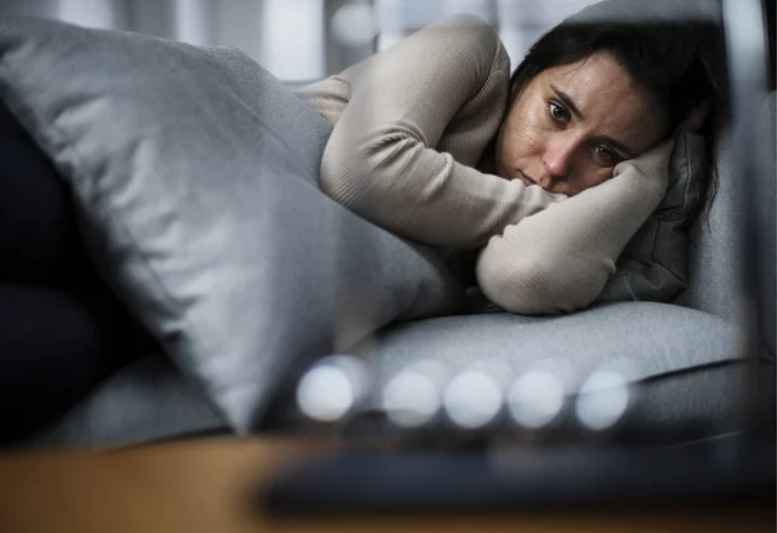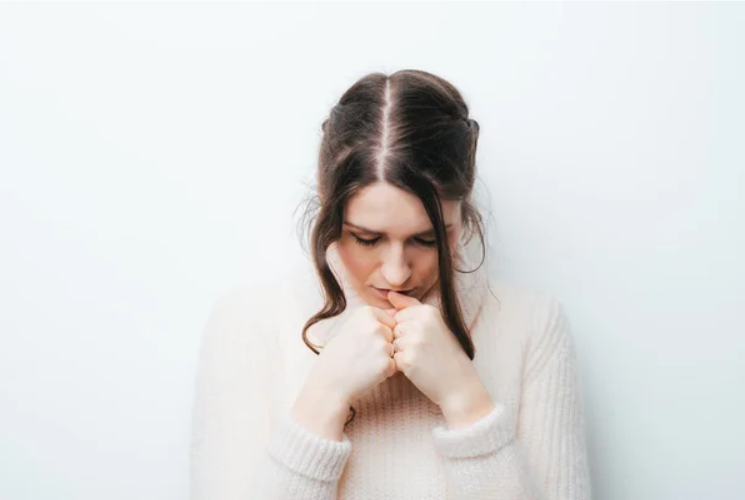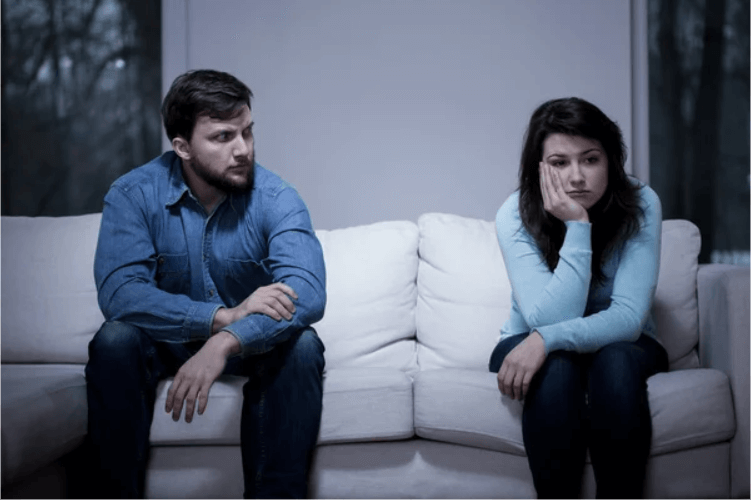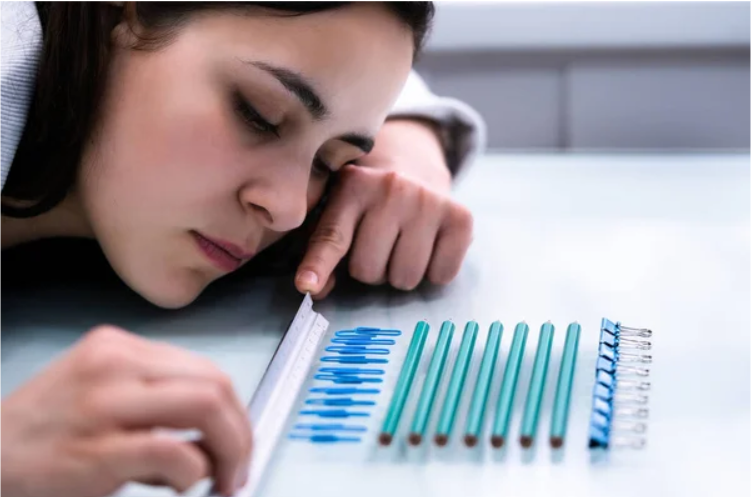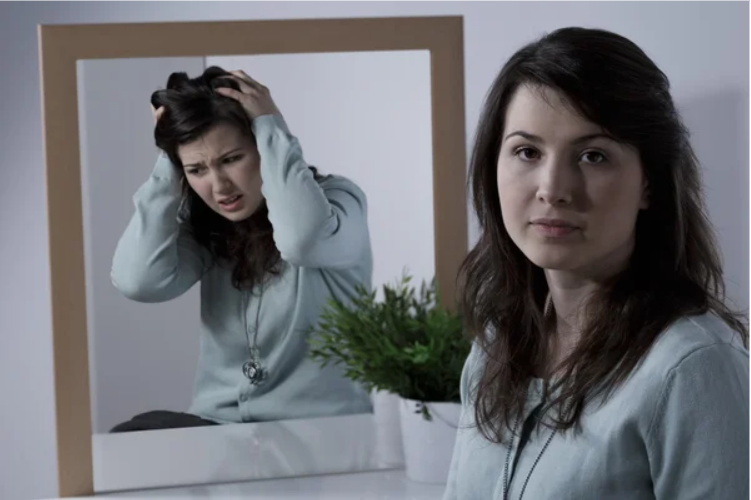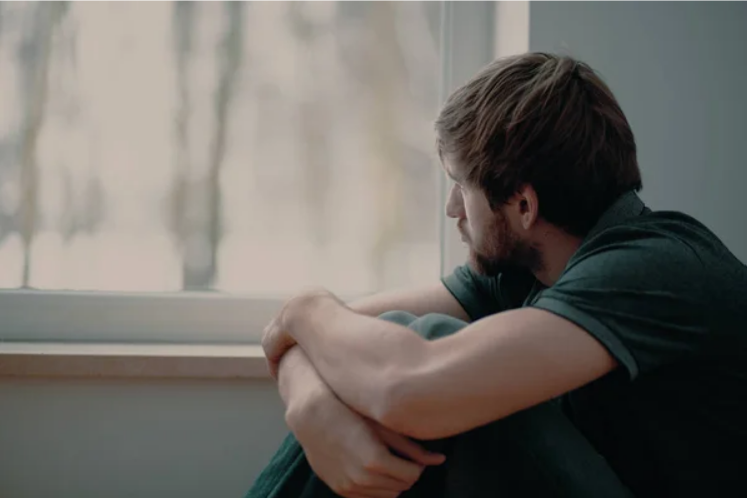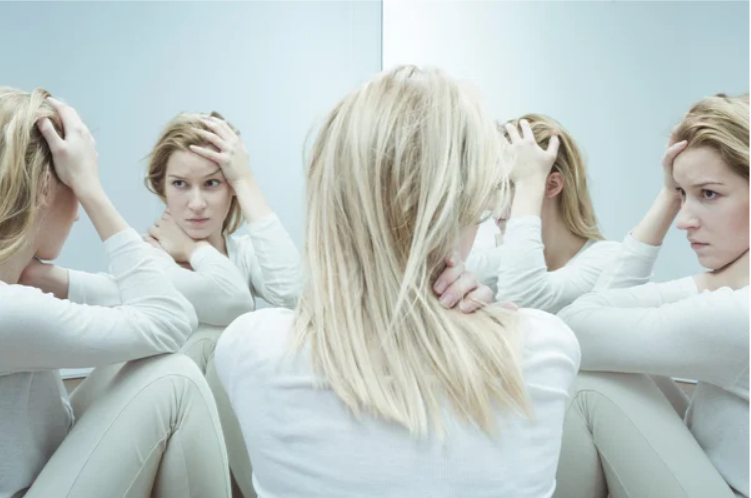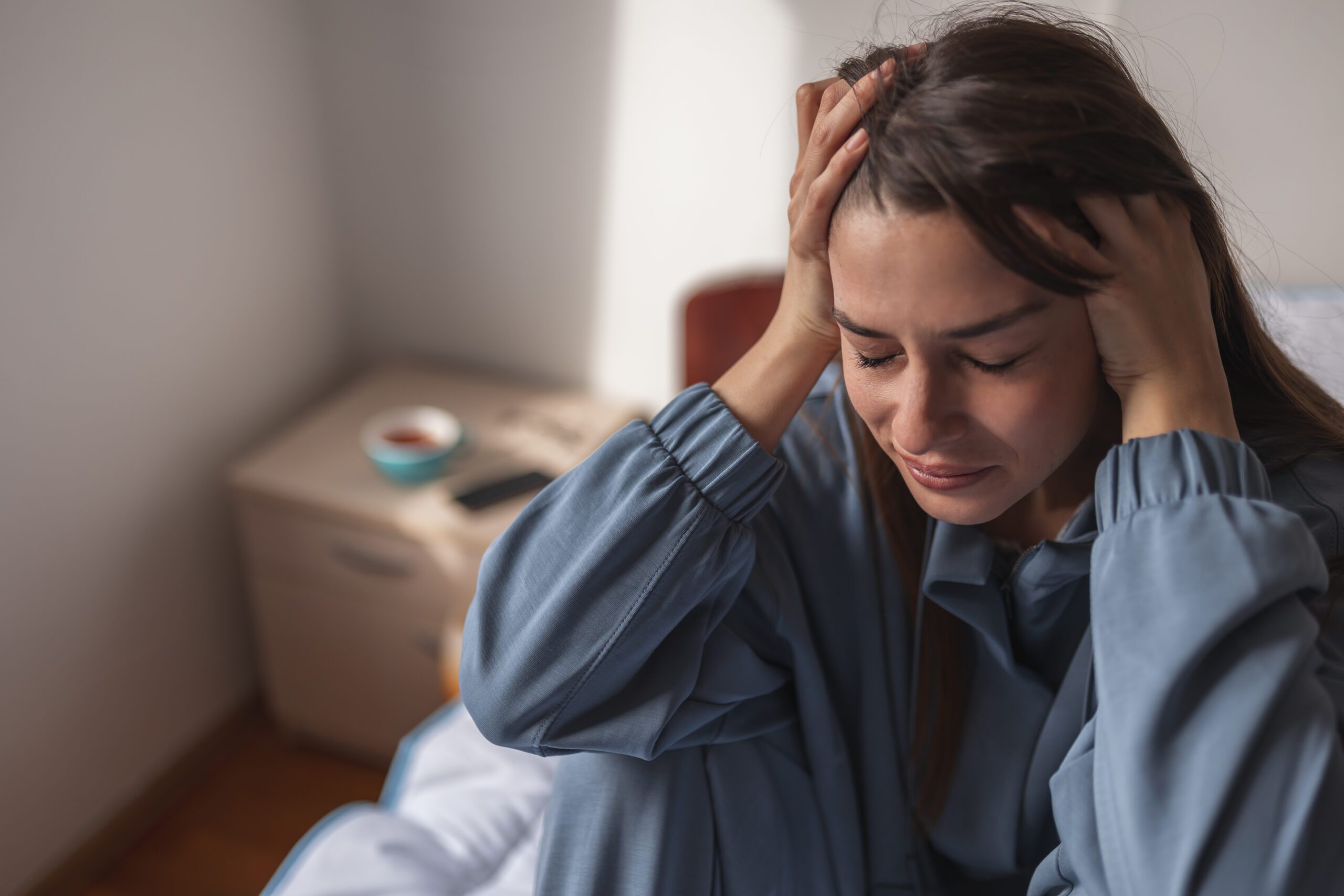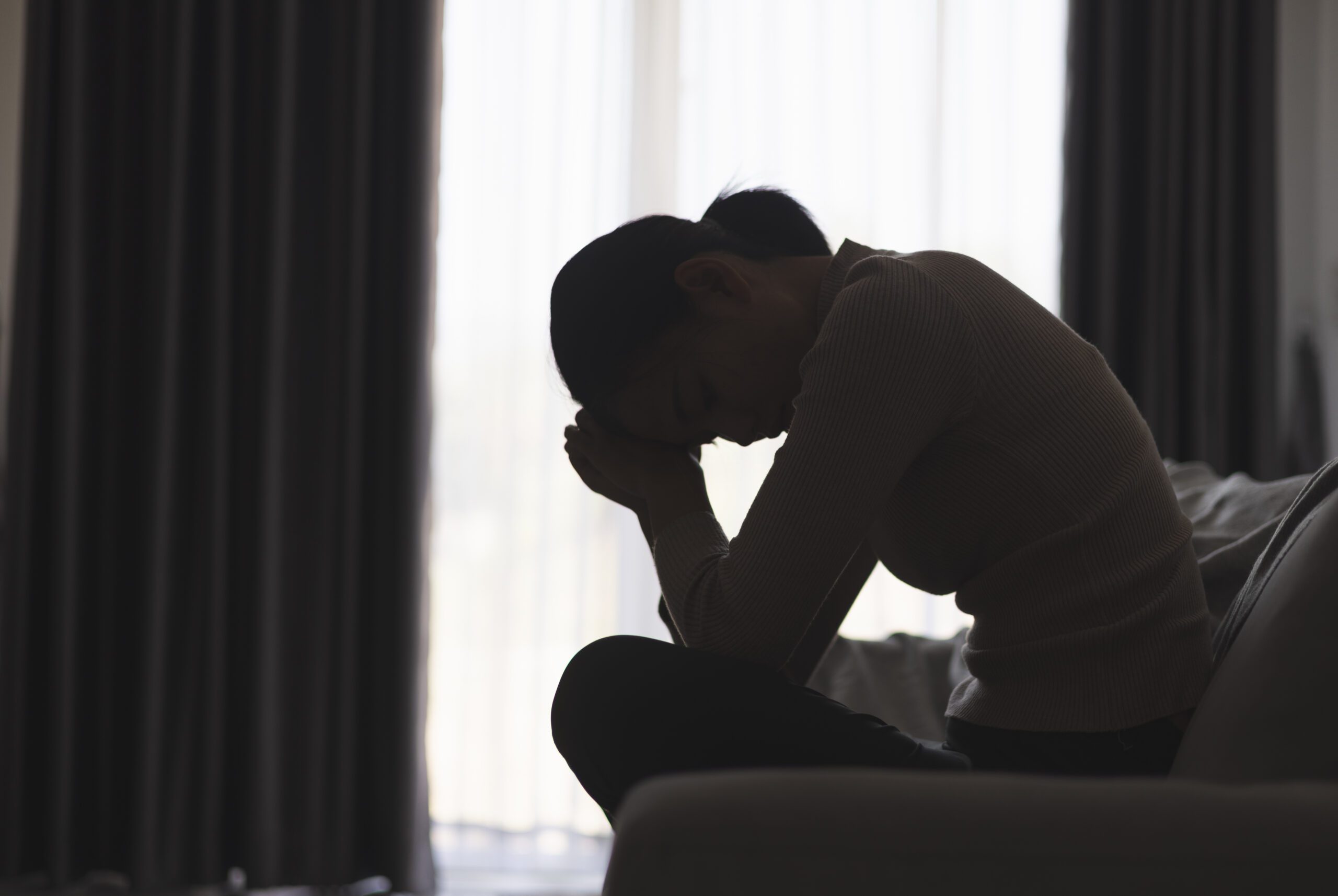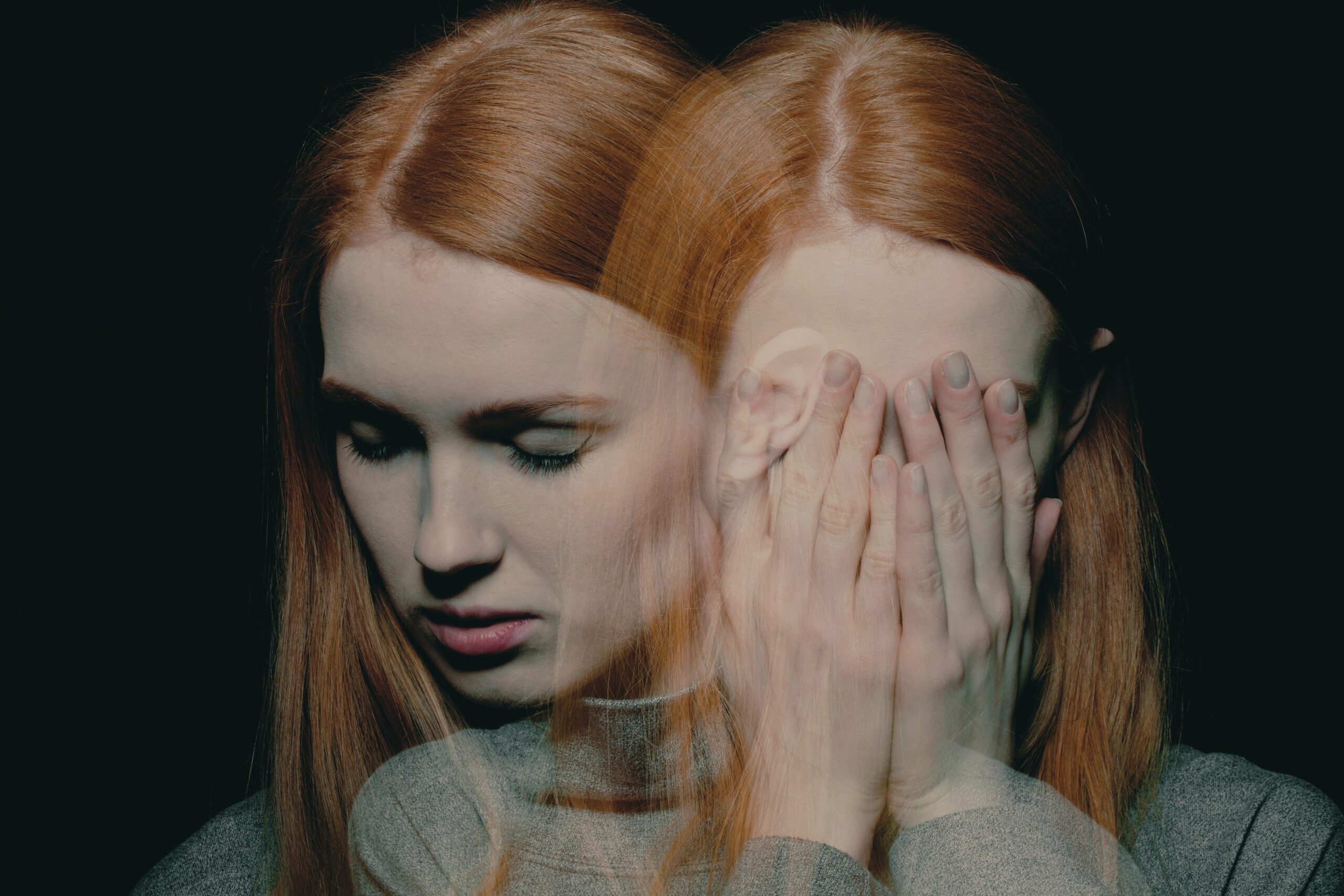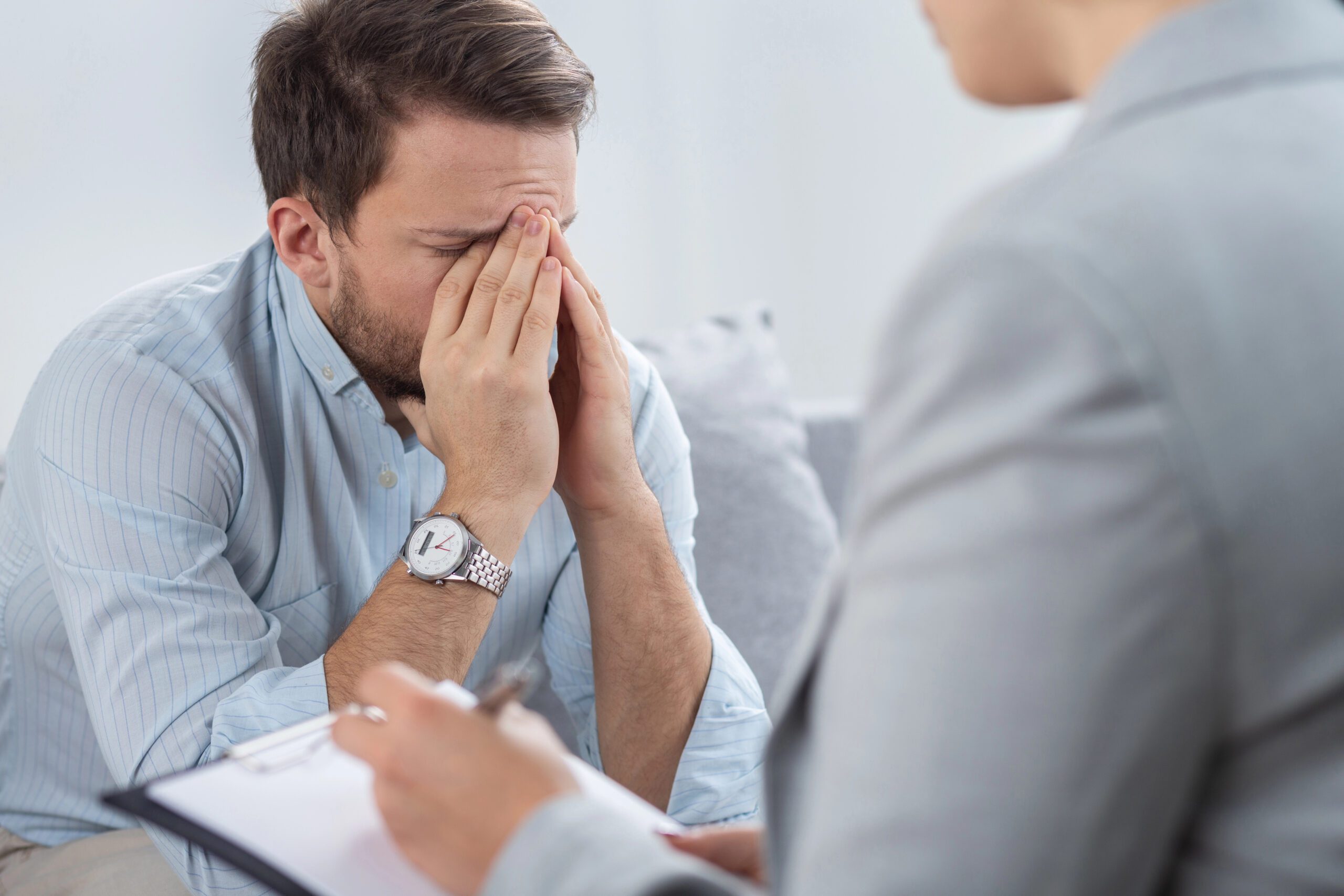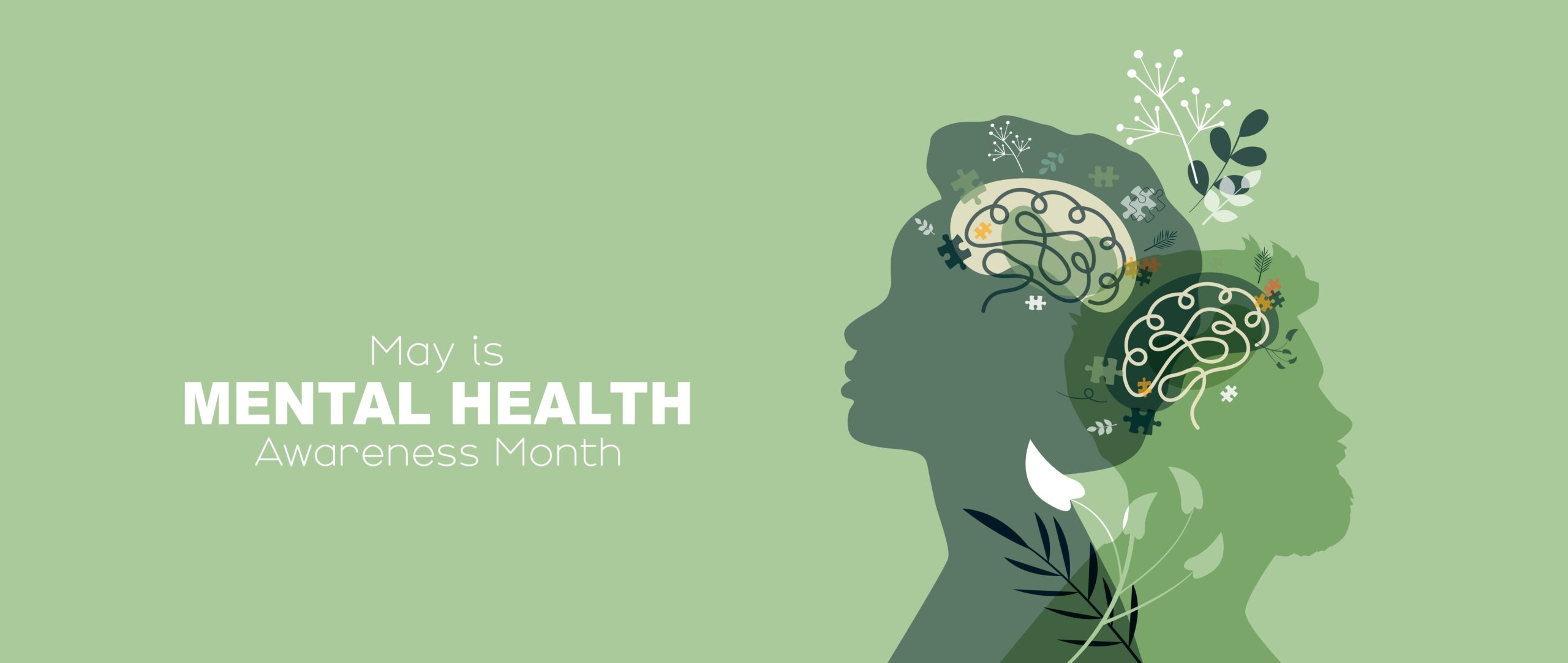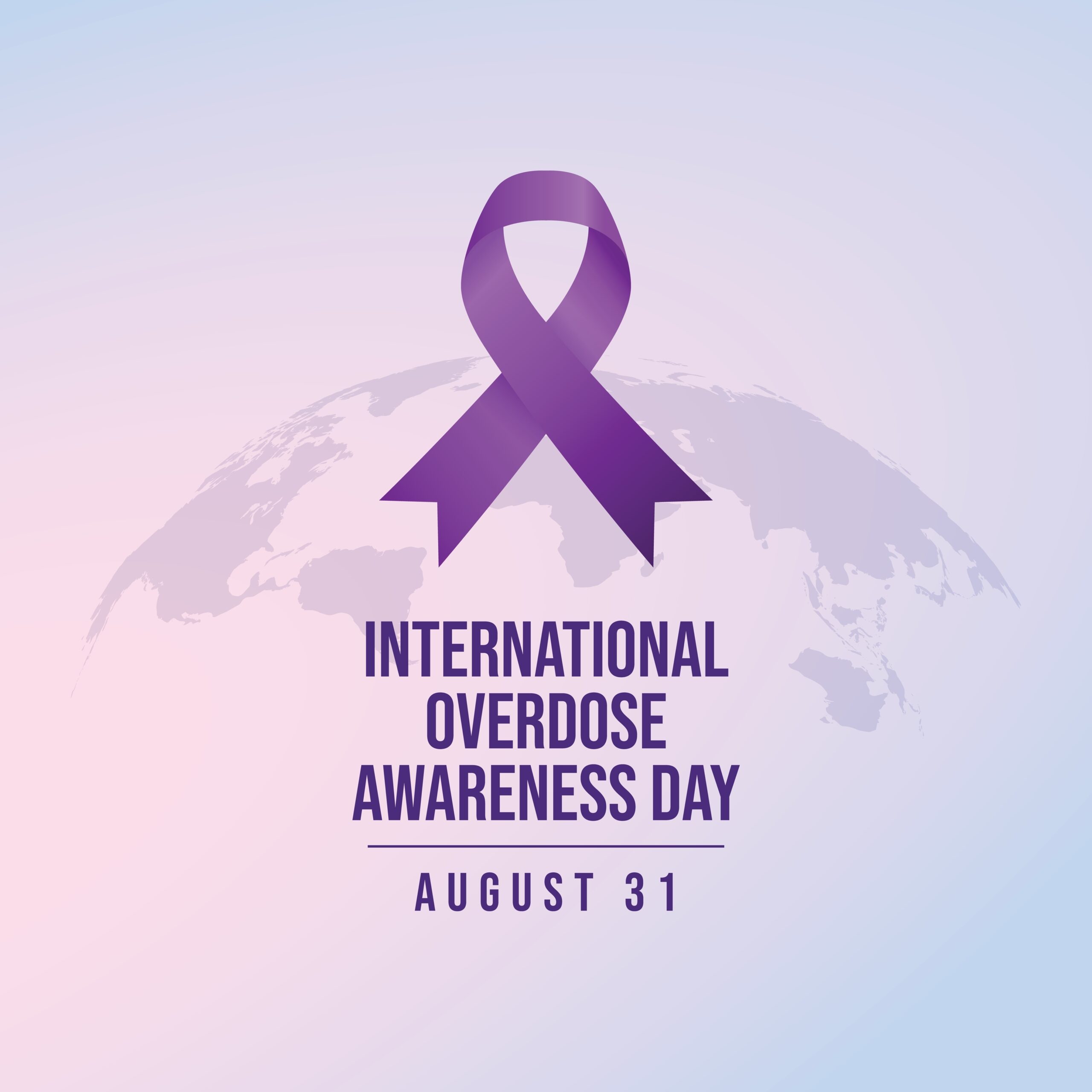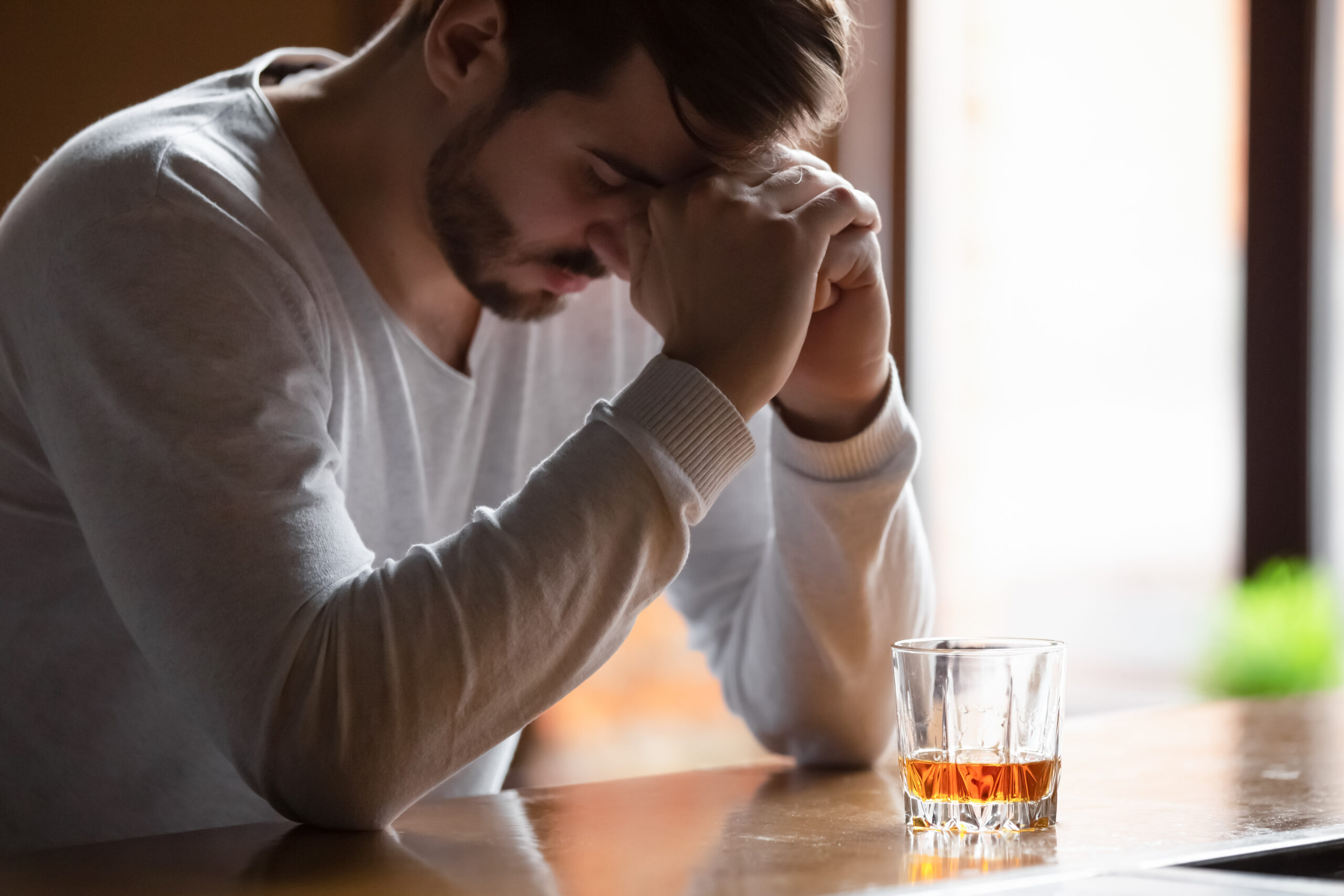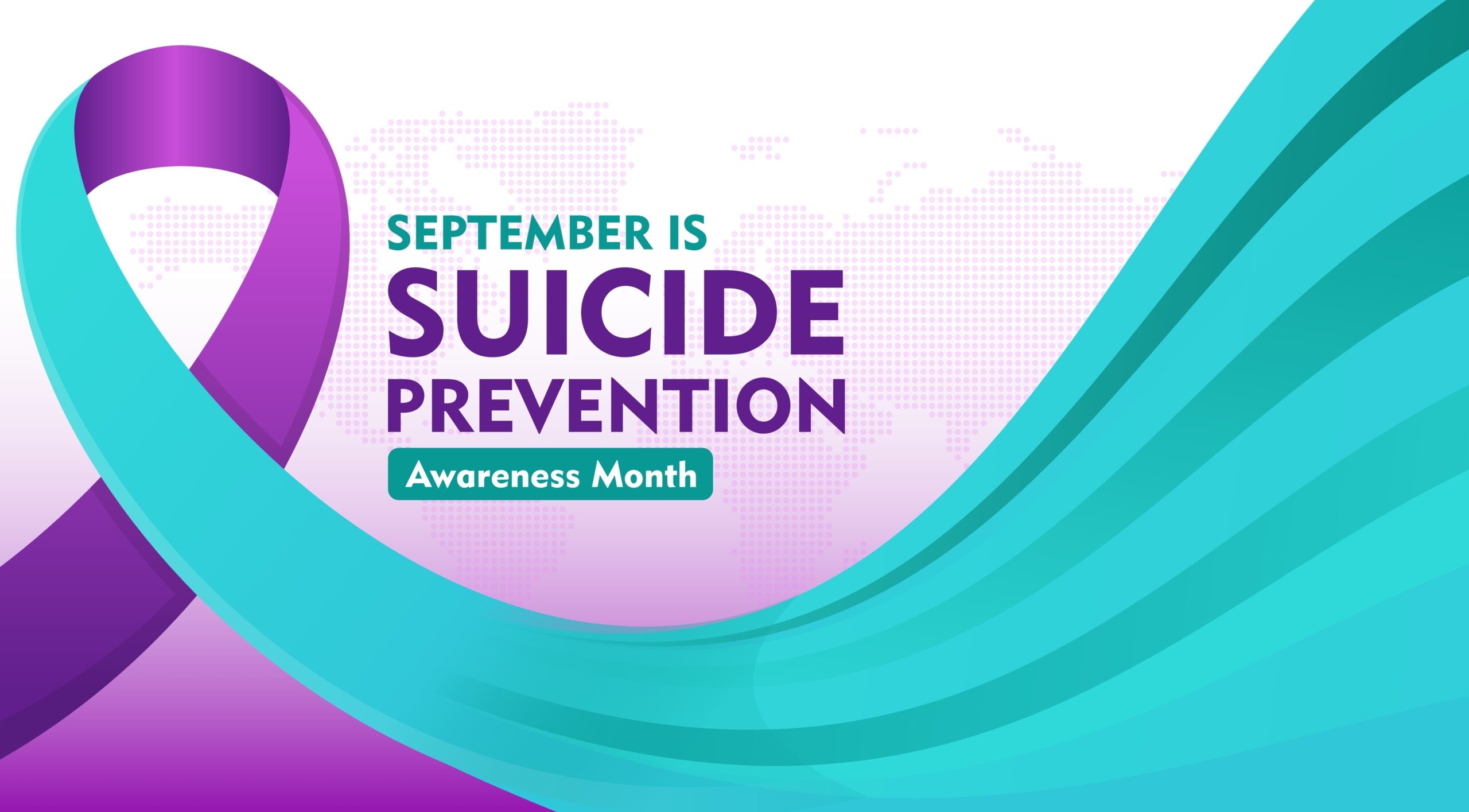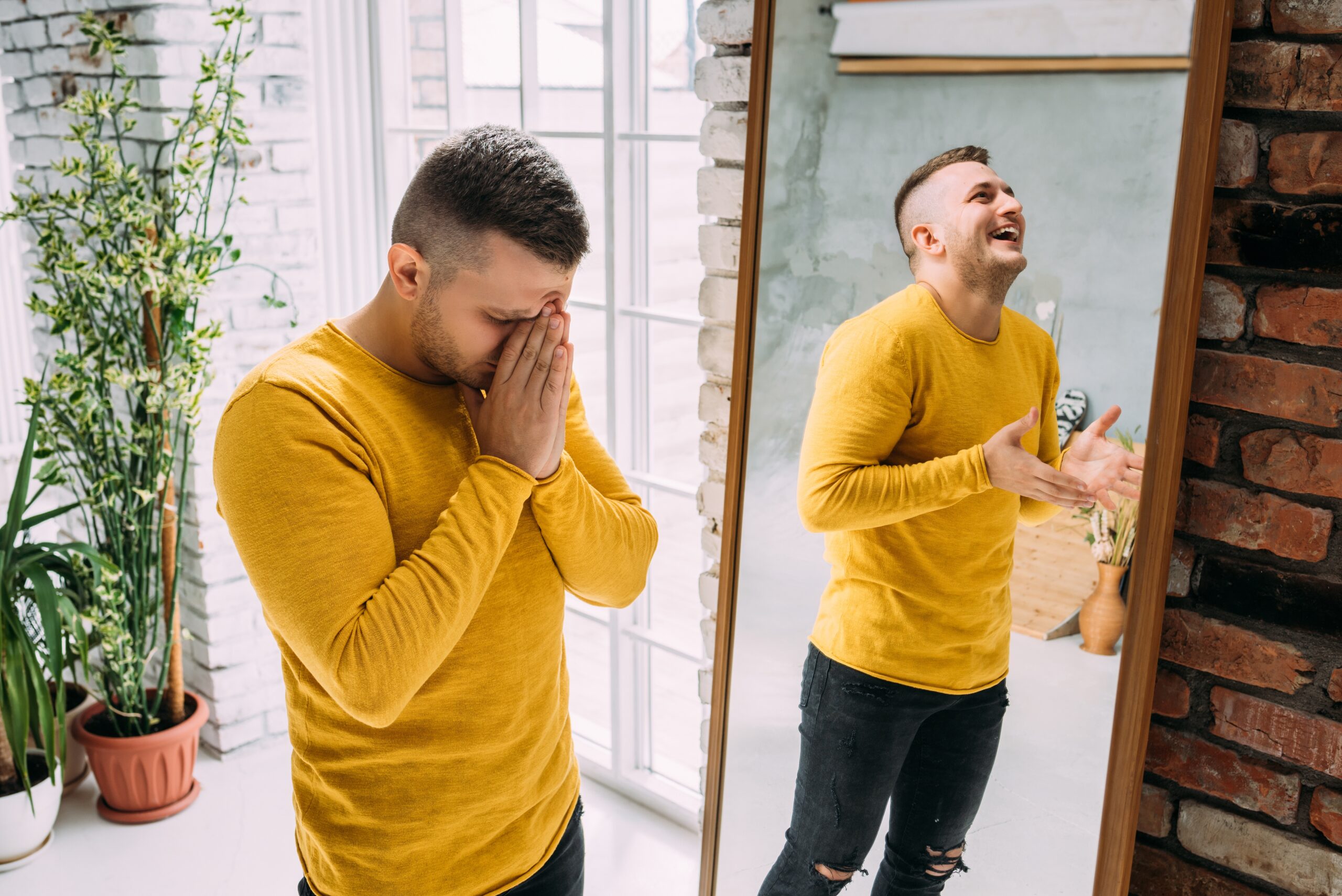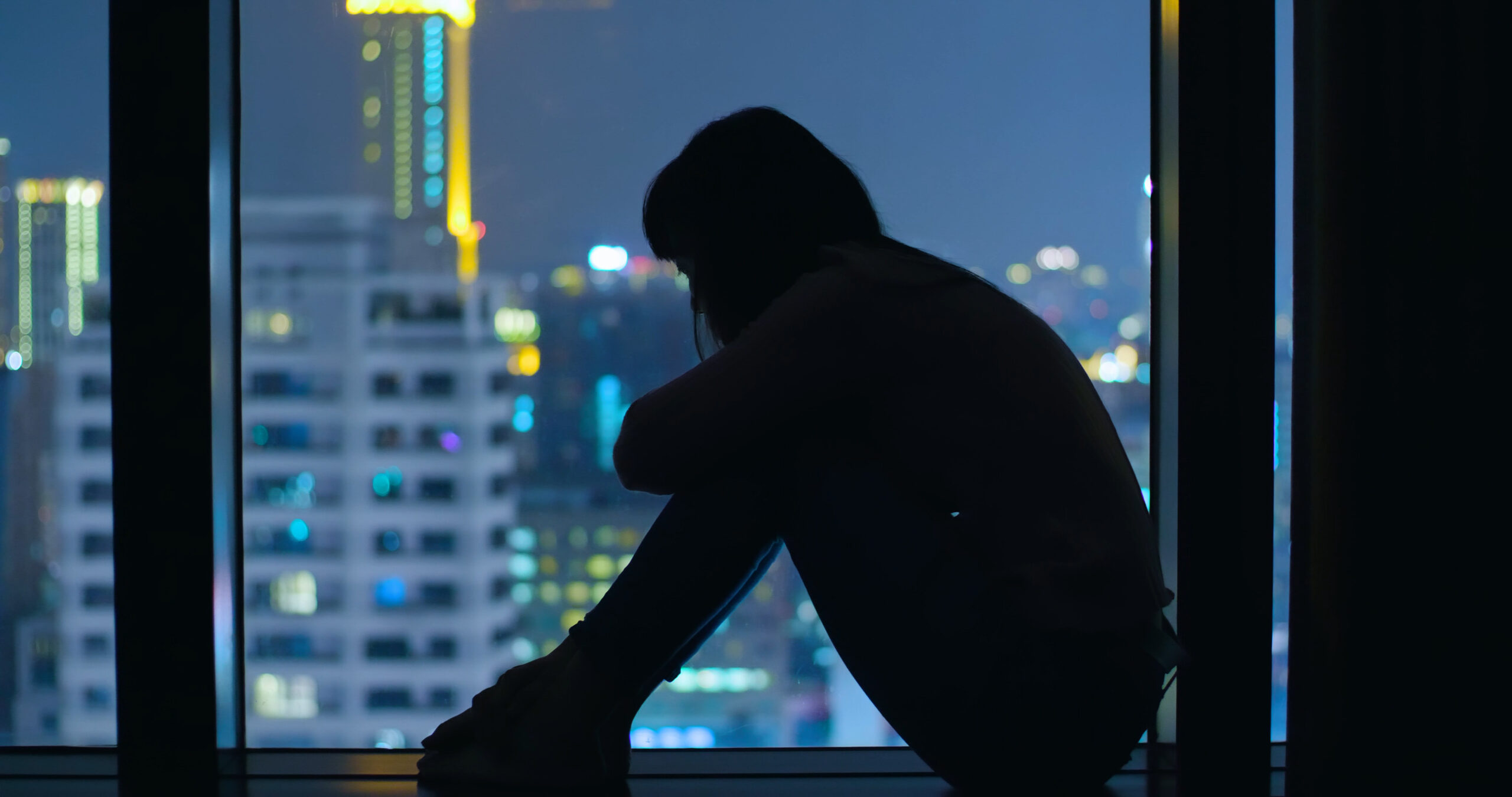Navigating the complexities of mental health can be challenging, both for individuals experiencing symptoms and for their loved ones. Among the various conditions we encounter and treat, bipolar disorder is one that is often misunderstood. It is a serious mental health condition characterized by extreme mood swings that include emotional highs (mania or hypomania) and lows (depression). These shifts in mood, energy, and activity levels can profoundly affect a person’s ability to carry out day-to-day tasks.
Here at Aspire Recovery Center of Frisco, we believe that knowledge is the first step toward healing and effective management. Our goal is to provide clarity and support for those impacted by this condition. We want to demystify what it means to live with this diagnosis by exploring the core aspects of the disorder.
Today, let’s answer the question, “What is bipolar disorder?” We’ll explore its symptoms and causes, and discuss the effective treatment options available, including the specialized care offered at dedicated mental health treatment centers.
What is Bipolar Disorder?
Bipolar disorder, formerly known as manic depression, is a chronic mental health condition that causes intense shifts in mood, energy levels, thinking patterns, and behavior. These shifts, known as mood episodes, are distinctly different from the typical ups and downs that most people experience. They can last for days, weeks, or even months and are severe enough to interfere with work, school, relationships, and personal life.
There are several types of bipolar and related disorders, each with its own specific diagnostic criteria:
- Bipolar I Disorder — Defined by the occurrence of at least one manic episode. This manic episode may be preceded or followed by hypomanic or major depressive episodes. In some cases, mania may trigger a break from reality (psychosis).
- Bipolar II Disorder — Characterized by at least one major depressive episode and at least one hypomanic episode, but without a full-blown manic episode.
- Cyclothymic Disorder — This involves many periods of hypomania symptoms and periods of depressive symptoms lasting for at least two years (one year in children and adolescents). However, the symptoms do not meet the full diagnostic requirements for a hypomanic or depressive episode.
Understanding the specific type of bipolar disorder is crucial because it helps a licensed mental health counselor determine the most effective course of action for treatment for bipolar disorder.
What Causes Bipolar Disorder?
The exact answer to “what causes bipolar disorder?” remains unknown, but researchers agree that it is likely a combination of several interconnected factors rather than a single cause. It’s a complex illness with roots in biology and genetics, influenced by personal experiences.
1. Genetic Factors
There is a strong genetic component to bipolar disorder. Individuals who have a first-degree relative, such as a parent or sibling, with the condition have a significantly higher risk of developing it themselves. While genetics play a key role, it is not the only factor. Many people with a family history of the disorder never develop it, which points to the influence of other contributing elements. Ongoing research aims to identify the specific genes involved.
2. Biological Differences
Studies have shown that the brains of individuals with bipolar disorder may have subtle physical differences from the brains of those without the condition. Imbalances in naturally occurring brain chemicals called neurotransmitters (such as norepinephrine, serotonin, and dopamine) are also believed to play a significant role. These neurotransmitters are essential for regulating mood, and disruptions in their function can contribute to the severe mood swings characteristic of the disorder.
3. Environmental Triggers
While a person may have a genetic predisposition for the disorder, an environmental trigger often precipitates the onset of the first episode. Periods of extreme stress, traumatic life events, physical illness, sleep deprivation, or substance abuse can all act as triggers. It’s important to note that these factors don’t cause the disorder on their own but can bring about its symptoms in someone who is already vulnerable. Identifying these triggers is a key part of long-term mental health treatment.
What Are The Symptoms of Bipolar Disorder?
Recognizing bipolar disorder symptoms is the first step toward seeking a diagnosis and treatment. The symptoms are categorized by the type of mood episode a person is experiencing—either manic/hypomanic or depressive.
Manic and Hypomanic Episodes
Mania and hypomania are two distinct types of elevated mood episodes. Mania is more severe than hypomania and causes more noticeable problems at work, school, and in social activities, and it can also lead to psychosis. Hypomania is a less severe form.
Common bipolar disorder symptoms during a manic or hypomanic phase include:
- Elevated Mood: An abnormally upbeat, jumpy, or wired feeling.
- Increased Energy and Agitation: Feeling unusually energetic, despite a decreased need for sleep.
- Racing Thoughts and Talkativeness: Speaking rapidly and jumping from one idea to another.
- Inflated Self-Esteem or Grandiosity: Having an exaggerated sense of one’s own importance, power, or knowledge.
- Poor Decision-Making: Engaging in risky behaviors such as spending sprees, reckless driving, or impulsive business investments.
- Distractibility: An inability to concentrate on a single task.
Major Depressive Episodes
A major depressive episode includes symptoms that are severe enough to cause significant difficulty in daily activities.
Common bipolar disorder symptoms during a depressive phase include:
- Depressed Mood: Persistent feelings of sadness, emptiness, hopelessness, or tearfulness.
- Loss of Interest or Pleasure: A marked loss of interest in all or almost all activities once enjoyed.
- Significant Weight Changes: Weight loss when not dieting, weight gain, or a decrease or increase in appetite.
- Sleep Disturbances: Insomnia or sleeping too much.
- Fatigue or Loss of Energy: Feeling drained and having little to no energy.
- Feelings of Worthlessness or Excessive Guilt: Diminished self-worth or inappropriate guilt.
- Difficulty Concentrating: Indecisiveness and trouble focusing or remembering things.
- Suicidal Thoughts: Recurrent thoughts of death or suicide, or a suicide attempt.
If you or someone you know is experiencing these symptoms, it is vital to seek help from a qualified healthcare professional or a specialized mental health clinic.
How To Treat Bipolar Disorder
While bipolar disorder is a lifelong condition, it is highly treatable. With a comprehensive treatment plan, individuals can manage their symptoms and lead full, productive lives. Effective bipolar disorder treatments typically involve a combination of medication, psychotherapy, and lifestyle management, often provided at outpatient mental health treatment centers.
Finding the Right Treatment for Bipolar Disorder
- Medications are the cornerstone of treatment for bipolar disorder. Mood stabilizers are typically prescribed to control manic or hypomanic episodes. Other medications might include antidepressants, antipsychotics, or anti-anxiety drugs. Finding the right medication or combination of medications often takes time and requires close collaboration with a psychiatrist.
- Also known as talk therapy, psychotherapy is a vital part of a comprehensive mental health treatment plan. A licensed mental health counselor can provide therapies such as Cognitive Behavioral Therapy (CBT), which helps individuals identify and change unhealthy negative beliefs and behaviors. Family-focused therapy and psychoeducation can help both the individual and their family understand and manage the illness.
- For many, intensive outpatient programs (IOPs) offered by a mental health clinic provide the structured support needed for recovery. These programs allow individuals to receive intensive therapy and support while continuing to live at home and maintain their daily responsibilities. They are an excellent option for those transitioning from inpatient care or for whom 24-hour supervision is not necessary.
- Developing healthy daily routines can make a significant difference. This includes maintaining a regular sleep schedule, eating a balanced diet, engaging in regular exercise, and managing stress through techniques like mindfulness and meditation.
Your Partner in Mental Wellness in Frisco, Texas
Living with bipolar disorder can be an isolating experience, but it’s important to remember that help is available and recovery is possible. The journey requires courage, commitment, and the right professional support. Effective bipolar disorder treatments can help you manage your mood swings and reclaim control over your life.
If you or a loved one in the Frisco, Texas, area are struggling, we encourage you to take the first step. At Aspire Recovery Center of Frisco, we specialize in providing compassionate, evidence-based outpatient care for mental health disorders. Our dedicated team of professionals is here to create a personalized treatment plan that addresses your unique needs.
Don’t navigate this journey alone. Contact Aspire Recovery Center of Frisco today to learn more about our intensive outpatient programs and discover how our dedicated mental health treatment can help you find stability, healing, and hope.
Frequently Asked Questions
Q. What is bipolar disorder and what are its main symptoms?
Bipolar disorder is a mental health condition characterized by extreme mood swings, including emotional highs (mania or hypomania) and lows (depression). Key symptoms during a manic phase include elevated energy, racing thoughts, and impulsive behavior. Depressive phase symptoms include persistent sadness, fatigue, and loss of interest in activities.
Q. What are the most effective bipolar disorder treatments?
The most effective bipolar disorder treatments typically involve a multi-faceted approach. This includes medications like mood stabilizers, psychotherapy with a licensed mental health counselor (such as CBT), and structured support from outpatient programs offered by a mental health clinic or treatment center. Lifestyle management also plays a crucial role.
Q. What causes bipolar disorder?
The specific answer to what causes bipolar disorder is not fully understood, but it’s believed to be a combination of factors. These include a strong genetic predisposition (family history), biological factors like brain structure and neurochemical imbalances, and environmental triggers such as significant stress or trauma.

